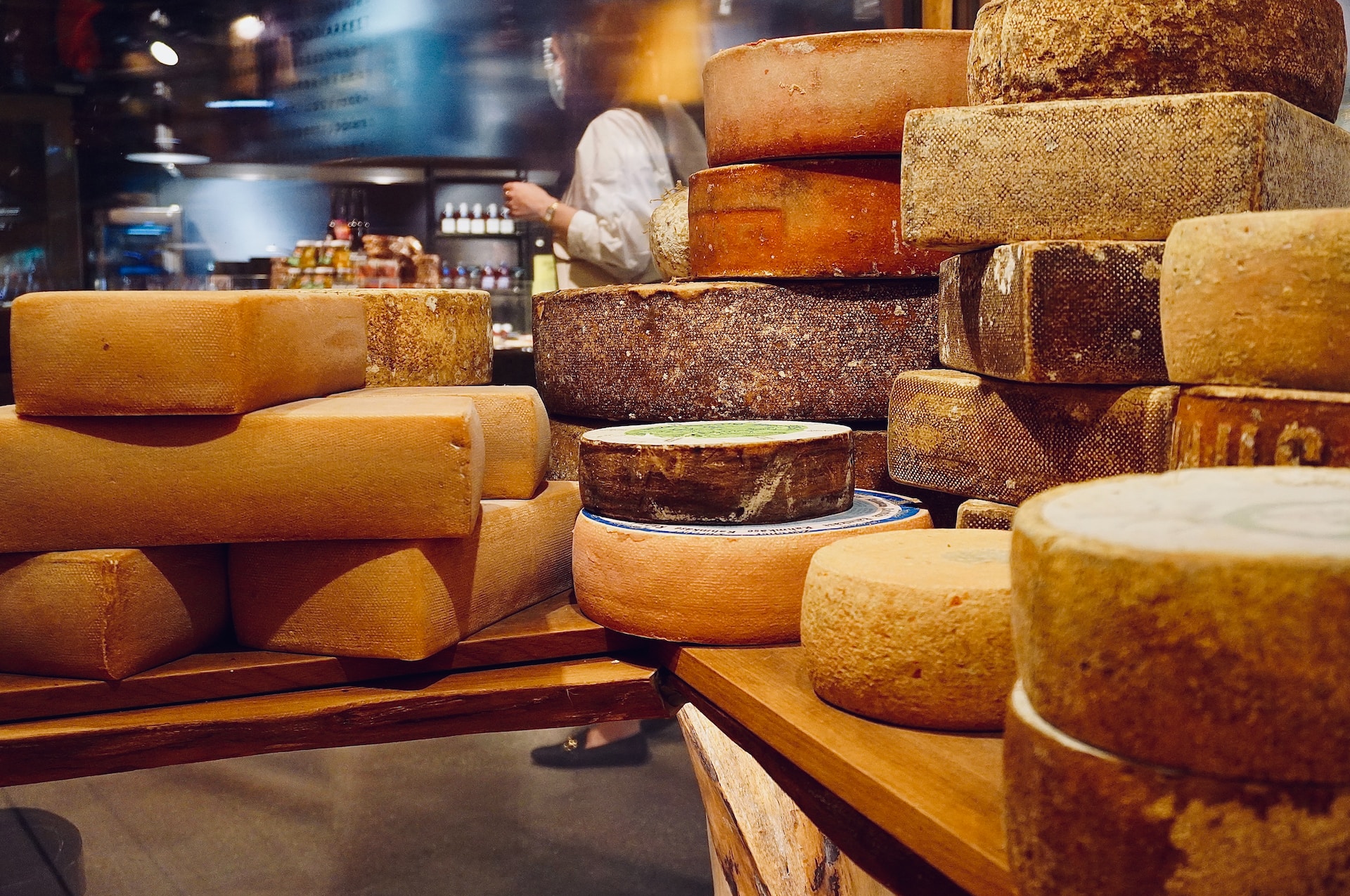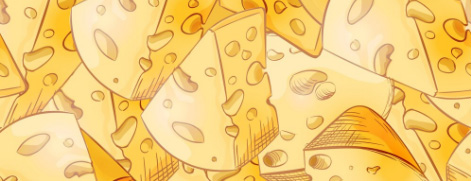What Vitamins in Cheese Support Brain Function and Learning?

Picture a rustic table decked with a variety of cheeses, each one showcasing the skill and artistry that go into making this beloved cheese. Beyond its delicious flavor, cheese contains a wealth of vitamins that are a feast for the senses and the brain. This may not be apparent as you enjoy the rich flavors and creamy textures. So, let’s take a look at them below.
B Vitamins
These super vitamins enhance brain function and good cognitive performance in several ways.
B1 (Thiamine): It promotes the synthesis of acetylcholine- a neurotransmitter involved in learning and memory. B1 is plentiful in cheeses like mozzarella and cheddar.
B2 (Riboflavin): Brain cells need riboflavin as part of their energy production process, which gives them the vitality to function as efficiently as possible. Snacking on a Gouda or Edam will give your brain a healthy dosage of riboflavin.
Including a balanced diet in your routine is crucial, especially for college students. However, given how demanding college life can be, students do not get enough time to lead a healthy lifestyle. In such a case, one can turn to a college paper writer. These college essay writers can write professional essays for you while you can focus on your diet and wellness.
B3 (niacin): The synthesis of NAD, a chemical essential for DNA repair and the upkeep of healthy brain cells, is aided by niacin. Try some Swiss or Emmental cheese for a delicious treat high in niacin.
B6 (pyridoxine): The troubleshooter of the B-vitamin family, B6 contributes to synthesising dopamine and serotonin, two neurotransmitters. Emotional health and learning are directly related to these mood-regulating chemicals. Your go-to for increasing B6 could be a slice of Brie or Camembert.
B12 (Cobalamin): B12 is prevalent in cheeses like Parmesan and blue cheese and is essential for nerve activity and DNA synthesis. It is the brain's VIP pass to optimal cognitive performance.
Vitamin D
While cheese is not the primary source of this vitamin, certain varieties can help you meet your daily requirements. Vitamin D stimulates the creation of serotonin, lifting your mood and improving your capacity to grasp information.
Omega-3 Fatty Acids
While not technically a vitamin, omega-3 fatty acids deserve a mention for their brain-boosting abilities. These nutritious chemicals, commonly linked with fatty fish, are found in several cheeses, strengthening their cognitive advantages.
The task of writing a research paper can have students stressed and overwhelmed. This is why students can check out write my research paper, where they can find professional writers to do their research papers. This will ensure you get top-notch quality work and some time to utilize as you wish.
Both omega-3 fatty acids, docosahexaenoic acid (DHA) and eicosapentaenoic acid (EPA), are essential for brain health. They help to form brain cell membranes and facilitate synaptic function, the network of communication between brain cells.
Choline
Acetylcholine, a neurotransmitter essential for memory and learning, is derived from choline. Choline is a necessary component present in cheeses like feta and cottage cheese, but it is not technically classified as a vitamin. However, think of it as the understated but powerful force that improves your brain's memory and knowledge retention.
Is doing your essays making you leave out on the fun of college life? Do not worry, as you can pay for essays online and receive your work right on time, so you don’t miss any deadlines. Now you can enjoy your college days without taking the stress of doing assignments.
The Bottom Line
These vitamins and nutrients in cheese play a crucial role, each boosting brain function and enriching the learning process in its special way. Thus, the next time you have a delicious cheese platter, remember to enjoy the nutrients these wonderful vitamins provide for your brain. After all, enjoying a little cheese is a celebration of cognitive health as much as a culinary pleasure.
Pam Landry is a writer and nutritionist. She has extensively written on health, nutrition, fitness, and lifestyle. She has previously worked with a renowned health and wellness magazine as the content head. Pam enjoys her company and can be found watching TV in her living room when she's not working. Follow her on LinkedIn @PamLandry






Loading comments...